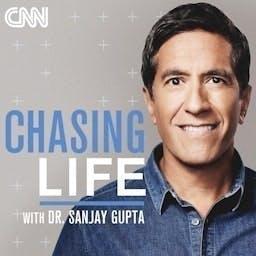Engage, Empower, Educate: Unleash the Potential of Multilingual Learners
What′s your "why" for being a teacher? Unlike other professionals, teachers often have strong reasons for why they teach and a clear sense of purpose. Acknowledging and understanding this purpose helps educators to not just do what they do but do it well.
This illustrated guide was designed for all classroom teachers to emphasize the unique challenges and opportunities that arise in multilingual learner education. Using Simon Sinek′s Golden Circle theory to understand and elevate that sense of purpose, the book is organized into three parts: the why, the how, and the what of teaching multilingual learners. You will learn
With a clear understanding of the research-based tools, techniques, and instructional strategies described and illustrated in the book, a solid sense of purpose, and a dash of grace for you and your multilingual learners, you will be well on your way to creating productive and positive learning opportunities that meet the best interests of all students, families, educators, and the community.
To support this podcast, please consider purchasing Valentina's book using this link https://amzn.to/4itjloY




































